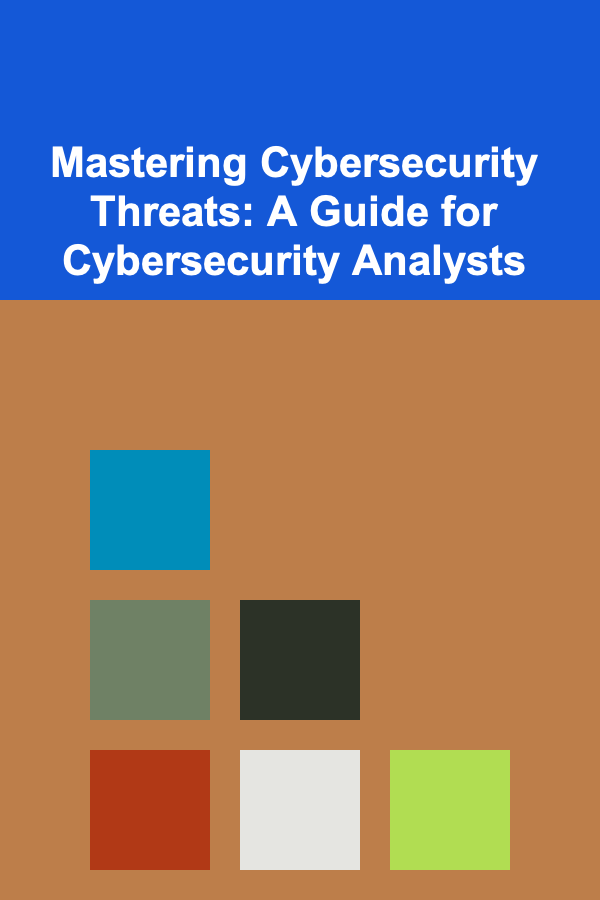
10 Tips for Protecting Your Hearing at Concerts
ebook include PDF & Audio bundle (Micro Guide)
$12.99$11.99
Limited Time Offer! Order within the next:
Not available at this time

Attending a concert is a thrilling experience---it's an opportunity to enjoy live music, feel the energy of the crowd, and immerse yourself in the moment. However, as exciting as concerts can be, they can also pose a significant risk to your hearing. Prolonged exposure to high decibel levels, common at live performances, can lead to permanent hearing damage, tinnitus, or even complete hearing loss. Fortunately, there are steps you can take to protect your hearing while still enjoying the concert experience. In this article, we will explore 10 essential tips for protecting your hearing at concerts.
Understand the Dangers of Loud Music
The first step in protecting your hearing is understanding how sound works and why loud music at concerts can be harmful. Sound is measured in decibels (dB), and sounds above 85 dB can begin to cause hearing damage if you're exposed for long periods. Concerts, particularly rock, electronic, and other high-energy performances, often reach sound levels of 110 dB or higher. Exposure to sound levels this high, even for just a few minutes, can cause permanent damage to the tiny hair cells in your inner ear, which are responsible for transmitting sound signals to the brain.
In the short term, you might experience a temporary ringing in your ears, known as tinnitus, but over time, repeated exposure to loud music can lead to irreversible hearing loss. Awareness of this fact is key to taking the necessary precautions.
Wear High-Quality Ear Protection
One of the most effective ways to protect your hearing is by wearing earplugs designed specifically for concerts. Standard foam earplugs, while useful in reducing noise, can distort the music and make it less enjoyable. Instead, invest in concert earplugs, which are designed to reduce the decibel levels of the music without affecting the sound quality.
Concert earplugs have filters that preserve the richness and clarity of the music while lowering the overall volume. These earplugs are usually available in different types, including those designed for musicians, sound engineers, and general concertgoers. Look for earplugs with a Noise Reduction Rating (NRR) of 15-25 dB, as they will reduce the harmful impact of sound without compromising your listening experience.
Take Breaks and Move Away from the Speakers
If you're at a concert and you're concerned about the volume, one simple but effective way to protect your hearing is by taking regular breaks. Step away from the loudspeakers periodically to give your ears a rest. This is especially important if you're near the front of the stage or in an area with high speaker volume.
By moving to a quieter section of the venue, you reduce your exposure to loud sounds and allow your ears to recover. Even a short break can make a big difference in reducing the risk of hearing damage.
Maintain a Safe Distance from the Speakers
Positioning yourself in the right spot at a concert can also play a significant role in protecting your hearing. The speakers at most concerts are designed to project sound to a large crowd, and the area directly in front of the speakers tends to be the loudest. While it's tempting to stand at the front of the stage to get the best view, this can expose you to dangerously high decibel levels.
Instead, try to find a spot further from the stage, where the sound intensity will be lower. Many venues have sections labeled as "quiet zones," and these are typically further away from the speakers, where the noise level is more manageable.
Monitor the Volume with a Decibel Meter
If you're unsure about the volume levels at a concert, you can use a decibel meter to measure the sound intensity in your environment. Smartphone apps are available that can act as decibel meters, giving you real-time readings of the sound levels around you.
If the sound level exceeds 85 dB, consider moving away from the speakers or putting in ear protection. Keep in mind that sound levels can fluctuate throughout the concert, so it's a good idea to check periodically to ensure you're not being exposed to harmful levels.
Avoid Overexposure to Loud Music
While it might be tempting to attend multiple concerts in a row, overexposure to loud music over time can add up to significant hearing damage. If you're a frequent concertgoer, be mindful of how often you attend high-volume events.
If you're planning to attend several concerts in a short period, try to space them out to give your ears time to recover. It's also a good idea to limit the amount of time you spend in high-volume environments. Experts recommend taking at least a 24-hour break between exposure to loud sounds to allow your ears to heal and reduce the risk of permanent damage.
Know the Signs of Hearing Damage
It's essential to be aware of the signs of hearing damage so you can take immediate action if necessary. After a concert, if you experience any of the following symptoms, it could be a sign of hearing stress or damage:
- Tinnitus: A ringing, buzzing, or humming sound in your ears that can occur after being exposed to loud sounds.
- Muffled or Distorted Hearing: If music or speech sounds muffled or distorted after a concert, it could be a sign that your hearing has been affected.
- Ear Fullness or Pressure: A feeling of fullness or pressure in your ears can indicate that your hearing has been temporarily impaired.
If you experience these symptoms, avoid further exposure to loud sounds and allow your ears time to recover. If the symptoms persist, consider consulting with an audiologist to assess any potential damage.
Consider Using Noise-Canceling Headphones Before or After the Concert
Noise-canceling headphones are a great way to protect your hearing both before and after a concert. They can help reduce the noise around you in crowded or noisy environments, allowing your ears to rest and recover. Using these headphones in your downtime can also help protect your hearing when you're not in a controlled environment, like a loud bar or café.
If you're sensitive to noise, wearing noise-canceling headphones while traveling to and from the concert venue can help minimize unnecessary exposure to loud sounds and reduce the risk of hearing fatigue.
Avoid Using Earphones at High Volumes
If you frequently listen to music through earphones or headphones, it's essential to maintain a safe listening volume. Many people use earphones while traveling to or from concerts, and playing music at high volumes in these situations can also damage your hearing over time.
To reduce the risk of hearing damage, avoid turning your earphones or headphones up to maximum volume. A good rule of thumb is to keep the volume at 60% or lower of the maximum possible volume. Additionally, avoid prolonged use of earphones at high volumes, and take regular breaks to give your ears a rest.
Invest in Regular Hearing Checkups
One of the most effective ways to stay on top of your hearing health is to schedule regular hearing checkups. An audiologist can assess your hearing, identify early signs of hearing loss, and provide recommendations to protect your hearing in the future.
If you're a frequent concertgoer or work in a noisy environment, getting your hearing checked every year or two is a good idea. Early detection of hearing issues can prevent further damage and ensure you maintain your hearing for years to come.
Conclusion
Concerts are an exciting way to experience live music and connect with others, but they also come with risks to your hearing health. By following these 10 tips, you can significantly reduce the risk of hearing damage while still enjoying the music you love. Protecting your hearing is not only about the present; it's about ensuring that you can continue to enjoy concerts, music, and the sounds of life for many years to come.

How to Keep Your Rental Property Well-Maintained
Read More
How to Plan a Digital Filing System for Your Business
Read More
How to Prepare Your Rental Property for Winter
Read More
Mastering Cybersecurity Threats: A Guide for Cybersecurity Analysts
Read More
The Web Developer's Toolkit: Proven Methods for Creating Responsive and Scalable Websites
Read More
How to Build a Simple Robot Arm for Home Automation
Read MoreOther Products

How to Keep Your Rental Property Well-Maintained
Read More
How to Plan a Digital Filing System for Your Business
Read More
How to Prepare Your Rental Property for Winter
Read More
Mastering Cybersecurity Threats: A Guide for Cybersecurity Analysts
Read More
The Web Developer's Toolkit: Proven Methods for Creating Responsive and Scalable Websites
Read More